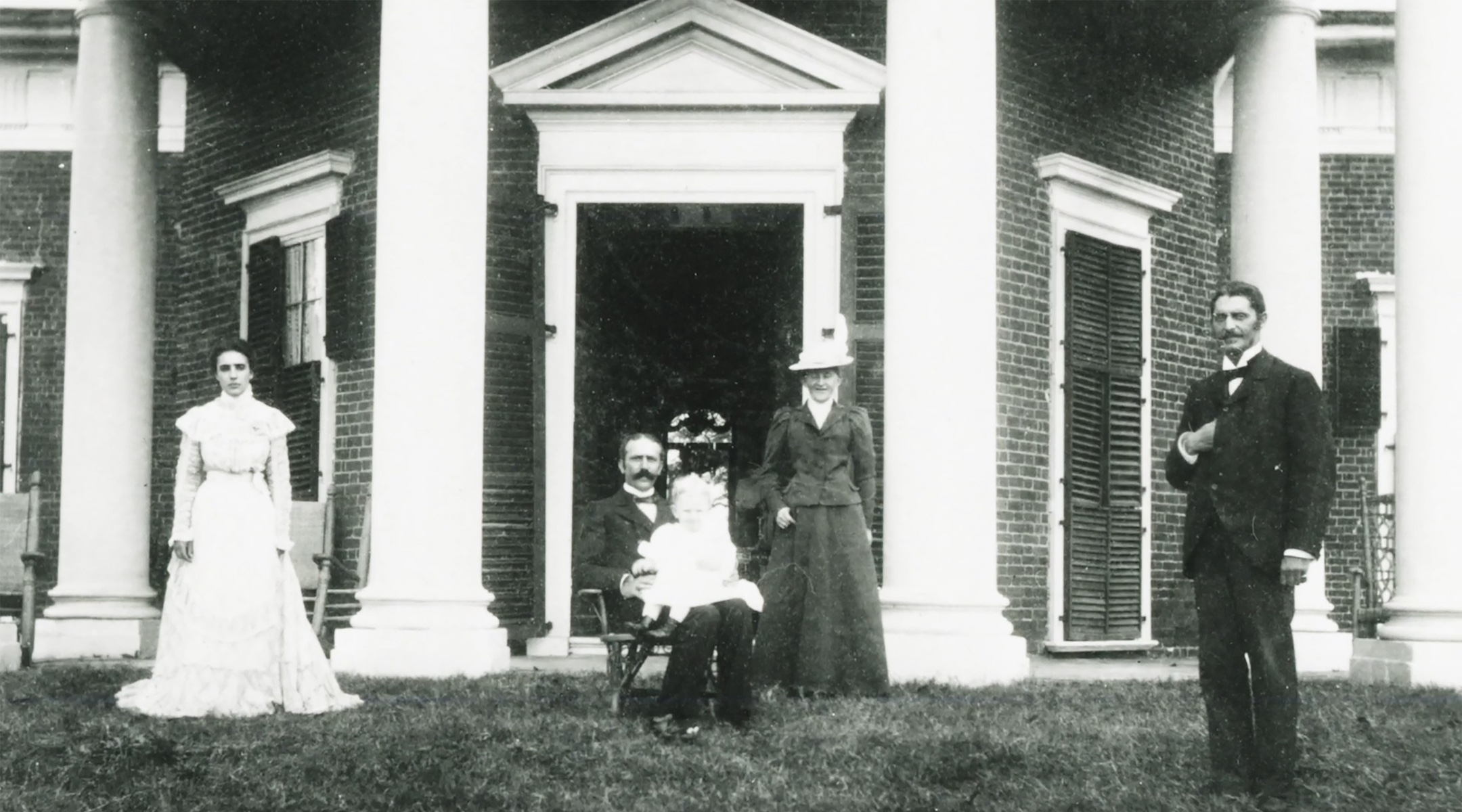((JEWISH REVIEW)) — As an early champion of religious freedom in the United States, Thomas Jefferson’s regard for and relationship with Jews has been well-documented. But the Jewish history of Jefferson’s famous Monticello home is less known.
Enter the documentary “The Levys of Monticello,” which hits streaming platforms Friday and tells the story of the Jewish family that owned the estate for 89 years — longer than Jefferson did himself.
From Menemsha Films, the documentary chronicles Uriah Phillips Levy and his nephew, Jefferson Monroe Levy, descendants of Sephardic Jews who fled Portugal during the Inquisition. The elder Levy served in the Navy and was the first Jew to achieve the rank of commodore when he fought in the War of 1812.
In 1834, Levy bought Monticello for $2,700 and, along with 20 slaves, worked to repair the house and maintain the grounds. After Levy’s death and a legal dispute with the U.S. government, Jefferson Monroe Levy took over. The younger Levy, who would later serve in Congress, became the target of an antisemitic campaign by Maude Littleton, the wife of a congressman who objected to his ownership.
The film premiered at the Atlanta Jewish Film Festival in February 2022, where it won a jury prize, and has won awards at other Jewish film festivals in Washington, D.C. and Philadelphia. The director, Steven Pressman, is an Emmy-nominated filmmaker whose first two films focused on the Holocaust.
“As I was working on the film, when I would tell people about the Levys, a lot of them said, ‘You gotta be kidding,’” Pressman told J. The Jewish News of Northern California. “I enjoy telling Jewish stories that are new to audiences.”
The film will be available for streaming on Apple TV+ and Amazon Prime Video, plus the Jewish streaming site ChaiFlicks and a number of cable providers.
“We were blown away by the untold story of the Levy family,” Menemsha Films founder Neil Friedman said in a press release. “We are very confident that a wider audience will be quite eager to discover this fascinating chapter of American history which still resonates to this day.”



